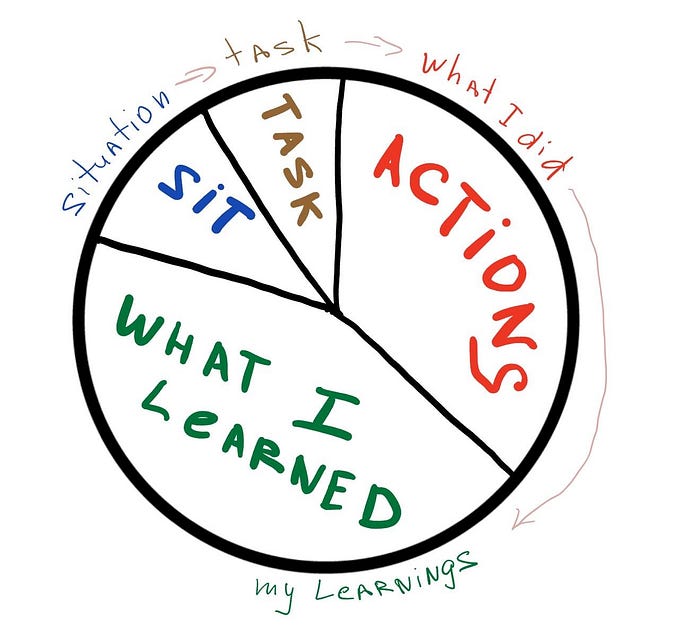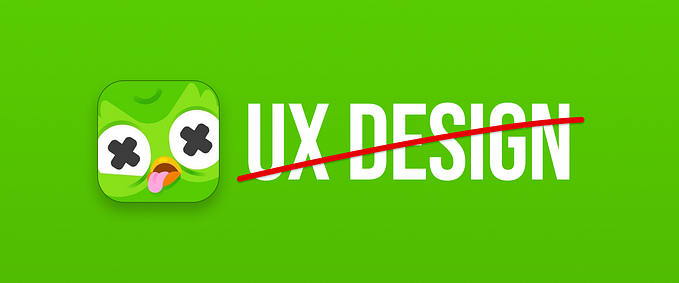Member-only story
Something is rotten in the state of OpenAI

There has been increasing media interest in the fact that only two of OpenAI’s 11 founders remain with the company, suggesting that all is far from well in an outfit that has seen uprisings to oust the boss, to further unrest a few days later to get him to return.
Apparently, creating a not-for-profit company with a mission to make the world a better place, only to later retract everything, is obviously not easy for many of the company’s original team.
And of course, when you have disrupted an entire industry, your skills are in demand, and you feel that your company is undermining your mission in life, you have options: from taking legal action, as Elon Musk has done, or moving to Anthropic, as John Schulman and others have done, or setting up your own outfit, like Ilya Sutskever, Andrej Karpathy or Pam Vagata; or taking a sabbatical, as Greg Brockman announced a few days ago. OpenAI’s logo looks like it’s rolling down a hill, and who knows what lies at the bottom.
This is a company that has changed the world, taking AI to unprecedented adoption levels in record time, and yet it seems a very unhappy place to work. Maybe Peter Drucker was right: culture eats strategy for breakfast, but if you sign up for a project that seduces you with its open, altruistic approach aimed at changing the world, and after a few years you see that it is simply a money-making machine that works with closed models, it must be hard.
What went wrong? There was always going to be a tug of war between the altruists and the Silicon Valley kids. Both were needed to do what OpenAI has done, but both are way out of balance.
Now, things look difficult. OpenAI is a money-losing machine, and it is far from being the only competitor in a world in which more and more people and institutions, including the White House, believe that the future lies in the collective development of this type of model in open source. And if we know anything, it is that, over time, open has always been better than closed, and sooner or later, a well-motivated community oriented towards collective contribution always ends up obtaining better results than a closed and limited organization pursuing the same ends.
Between the fall-out from the fights and the failure to comply with the initial mission, it is clear that OpenAI has a problem, the consequences of which have yet to fully manifest themselves. Watch this space.
(En español, aquí)









